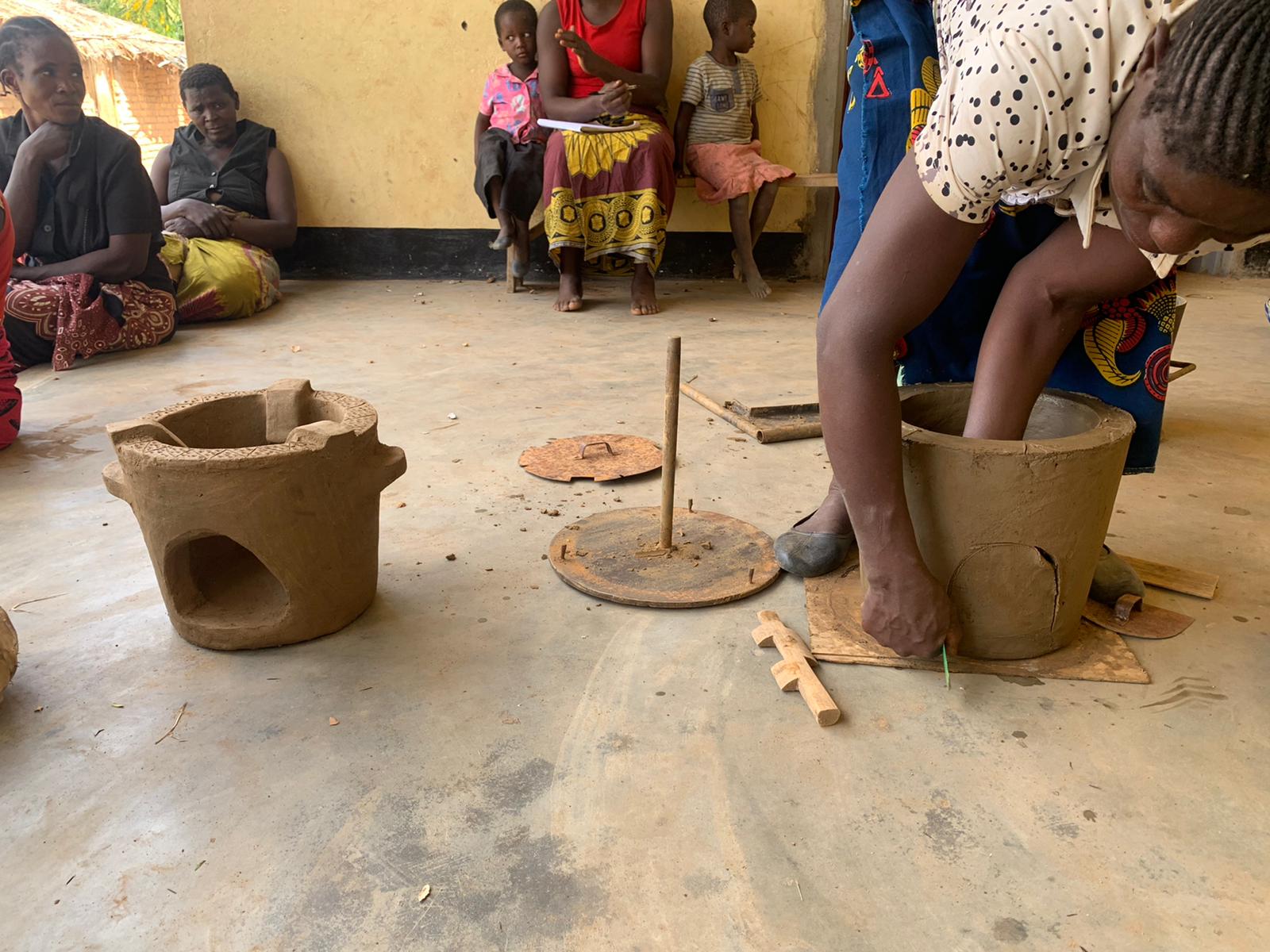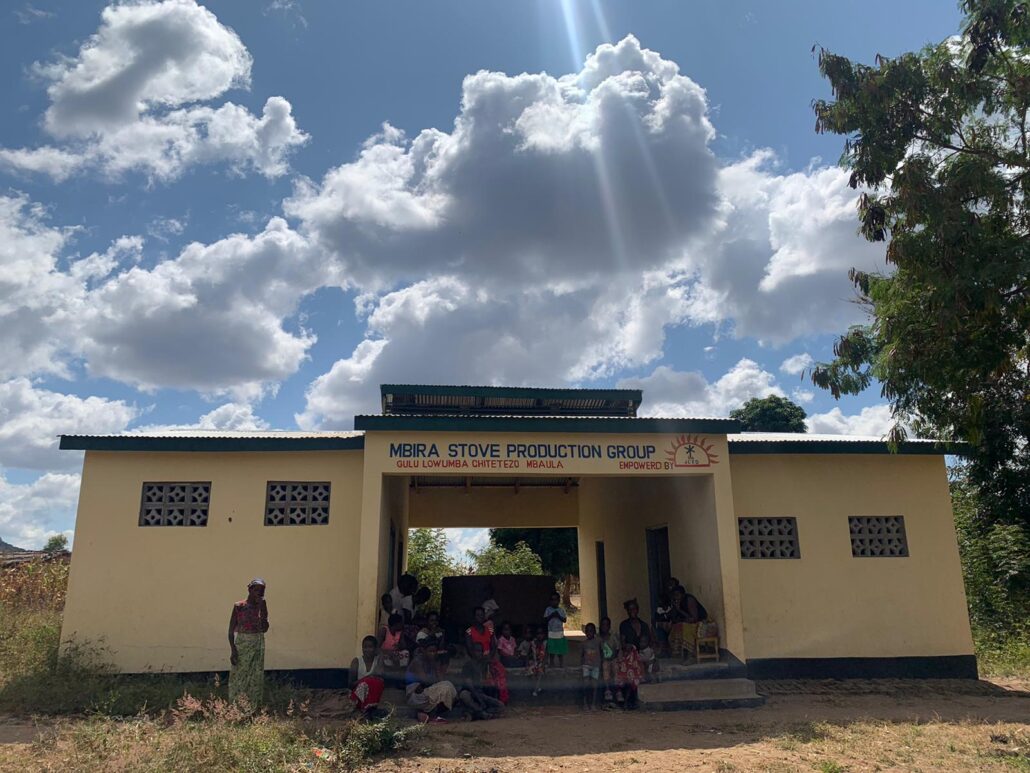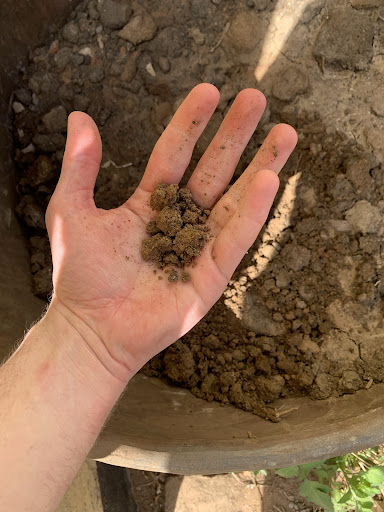
The past week I had the opportunity to see JCED’s projects in the flesh. This required taking a trip north of the capital to a town called Kasungu. Up here JCED supports a women’s group and farming communities through financial investments and by sharing knowledge and skills. We sat down with both communities for a chat. We listened to their stories, their challenges and their hopes for the future.
Mbira Stove Production Group:
 The women’s group was set up in February 2020 by JCED. Their community is located just outside Kasungu town. The main purpose of the group is to produce energy efficient cooking stoves (using clay soils from nearby) and sell them in the local market. The women have been empowered because of this business model.
The women’s group was set up in February 2020 by JCED. Their community is located just outside Kasungu town. The main purpose of the group is to produce energy efficient cooking stoves (using clay soils from nearby) and sell them in the local market. The women have been empowered because of this business model.
JCED provided the finance and resources to set up a manufacturing facility for the stoves in their community. Before JCED’s involvement, the community relied solely on agriculture. The introduction of stove production boosted and diversified their livelihoods, alongside reducing their environmental impact. These stoves differ from the traditional free stone fire in that they concentrate and capture the heat produced by burning wood. Therefore, the stove reduces the amount of wood required, as well as shortening cooking times. When talking with the women they claim that a bundle of wood would last 2 days on a traditional free stone fire, whereas a bundle with the new stoves can last up to 7 days. This is nearly a 70% reduction in the amount of wood being used by the community (this figure is also backed up by tests carried out by JCED).
 While discussing their project, they also touched upon the challenges that they still face. Demand at the market for the stoves continues to be an issue. They believe this is partly due to a lack of knowledge about the benefits of the stoves and partly due to the initial cost to purchase a stove, putting them out of reach for most households. Transporting the stoves to the market is also a challenge as they do not have any vehicle to transport a sizable number of stoves.
While discussing their project, they also touched upon the challenges that they still face. Demand at the market for the stoves continues to be an issue. They believe this is partly due to a lack of knowledge about the benefits of the stoves and partly due to the initial cost to purchase a stove, putting them out of reach for most households. Transporting the stoves to the market is also a challenge as they do not have any vehicle to transport a sizable number of stoves.
Going forward, they are looking to develop a brand for their business in the hope to market their product and promote the benefits of the stoves. In addition to this, the production of the stoves is seasonal. This means there is not a consistent cash flow throughout the year. They would like to secure finance and loans to explore additional business models.
Stay tuned for more updates from Sam in Malawi, you can find Sam’s previous blog post: here
If like Sam you would like to volunteer at one of our projects – please get in touch: [email protected]
Our overseas work placements are development focused and are structured around need and requested skills from our project partners.

